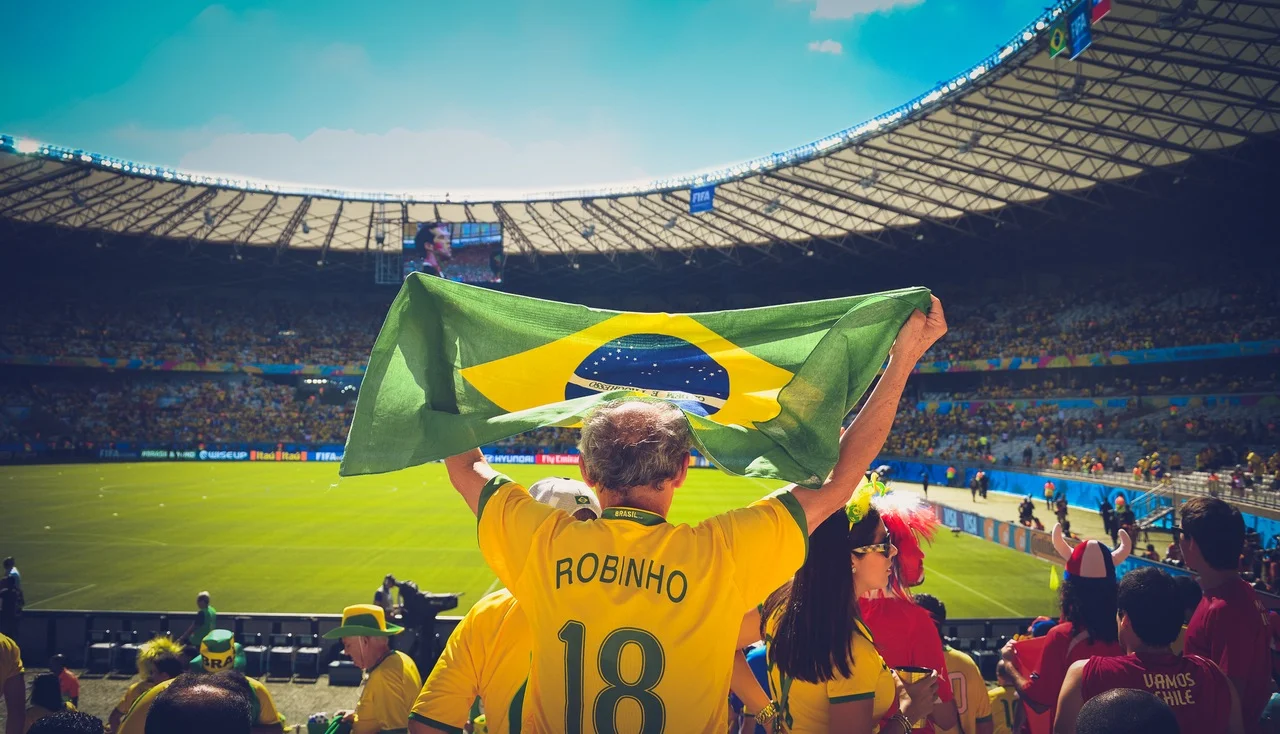How vitamin D can improve muscle strength
/"One of the most important vitamins for your health is vitamin D. It allows the body to absorb calcium and phosphate from your diet, which are essential for the development of healthy bones. However, we have found that increased levels of active vitamin D in the bloodstream can also be associated with improved muscle function in healthy people."
Read More






